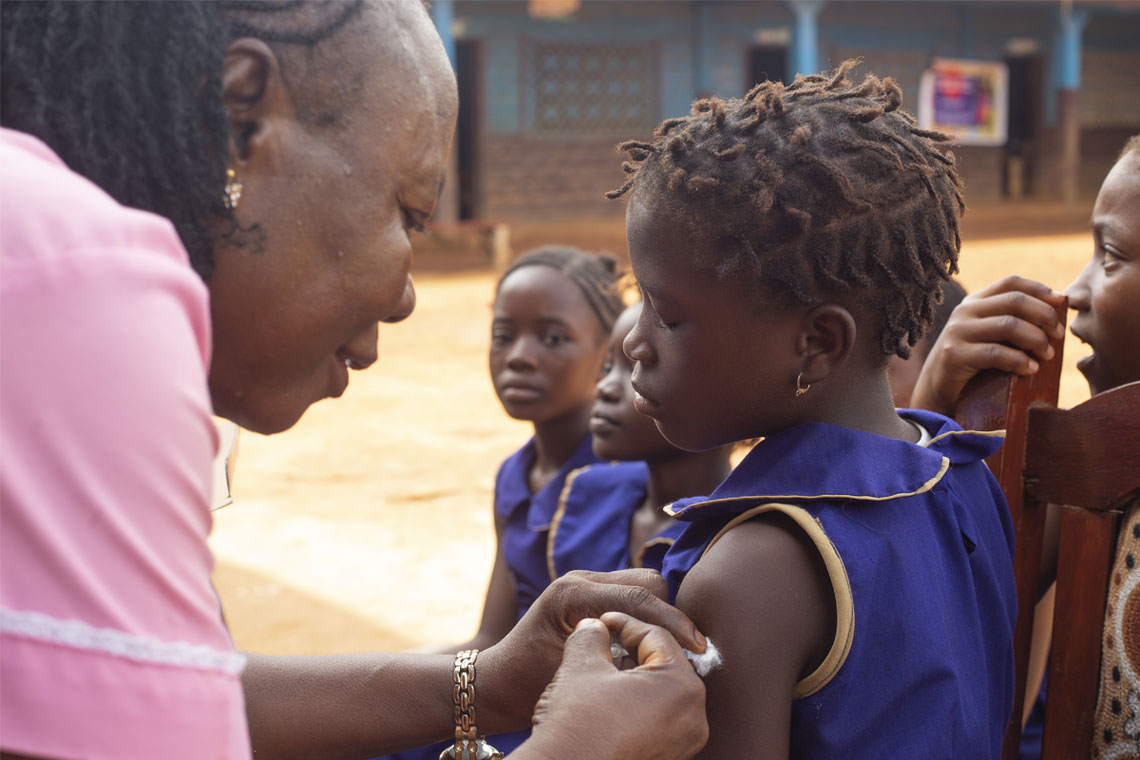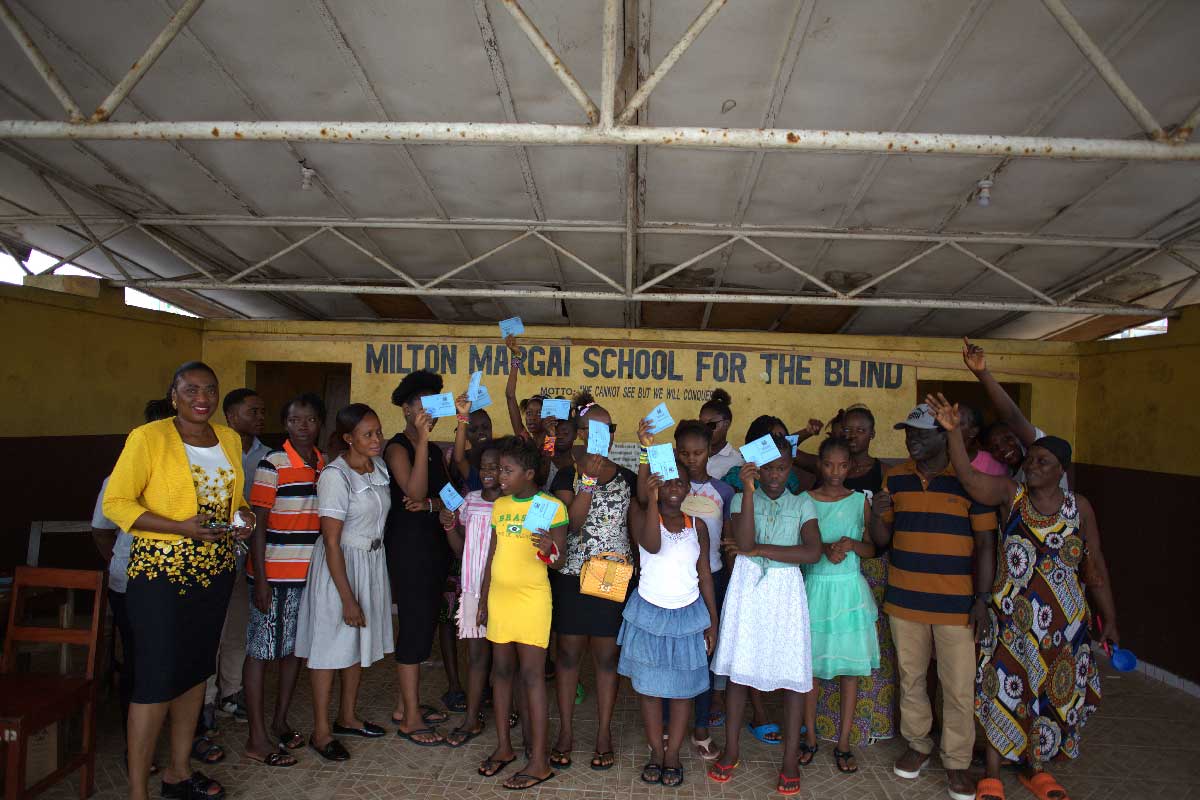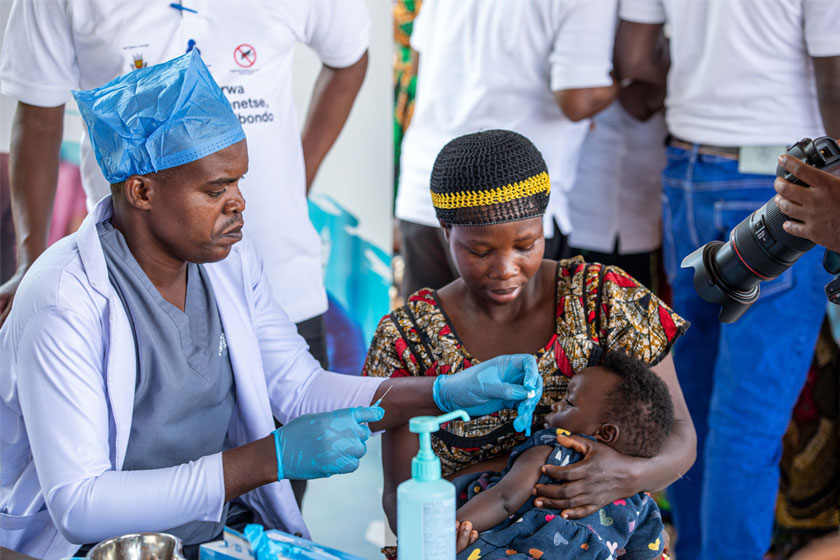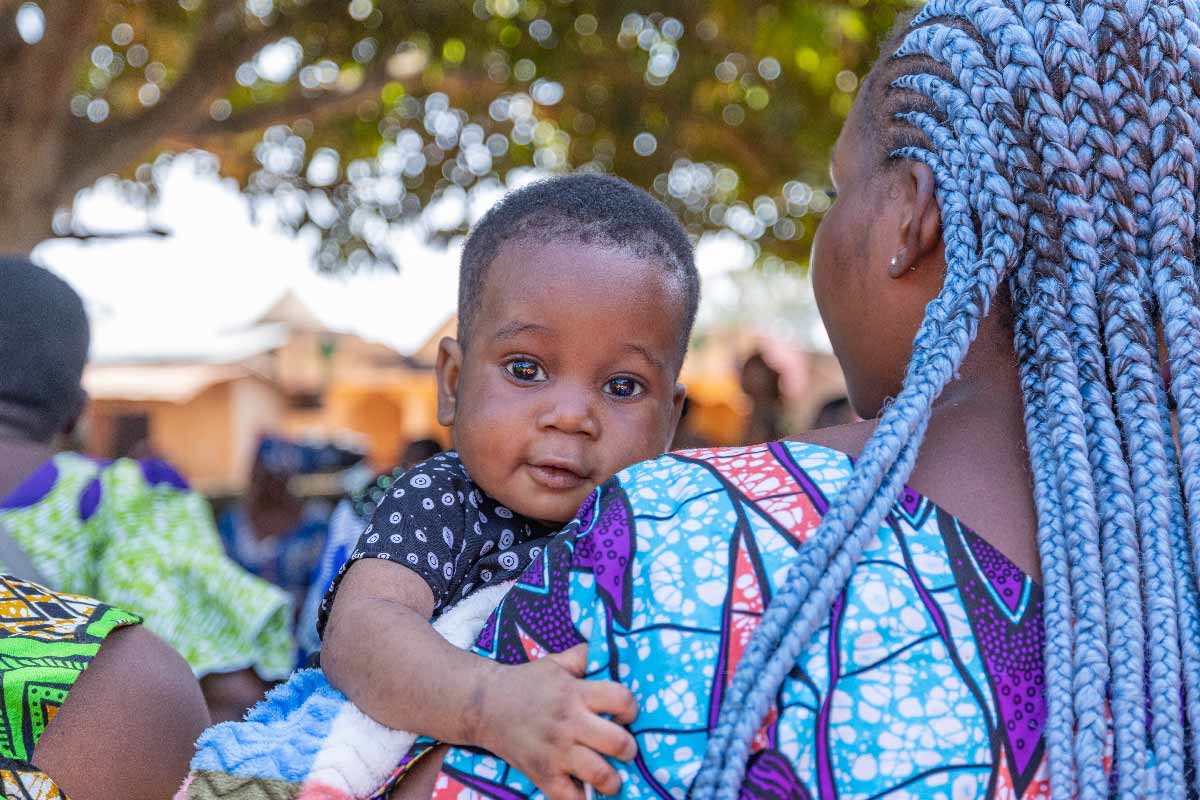Falling vaccine confidence is threatening children’s lives
Vaccines have the potential to save millions more than they already do, but a drop in confidence in childhood vaccines during the COVID-19 pandemic is threatening progress made. Here are five key statistics from UNICEF’s new State of the World’s Children report.
- 20 April 2023
- 3 min read
- by Gavi Staff
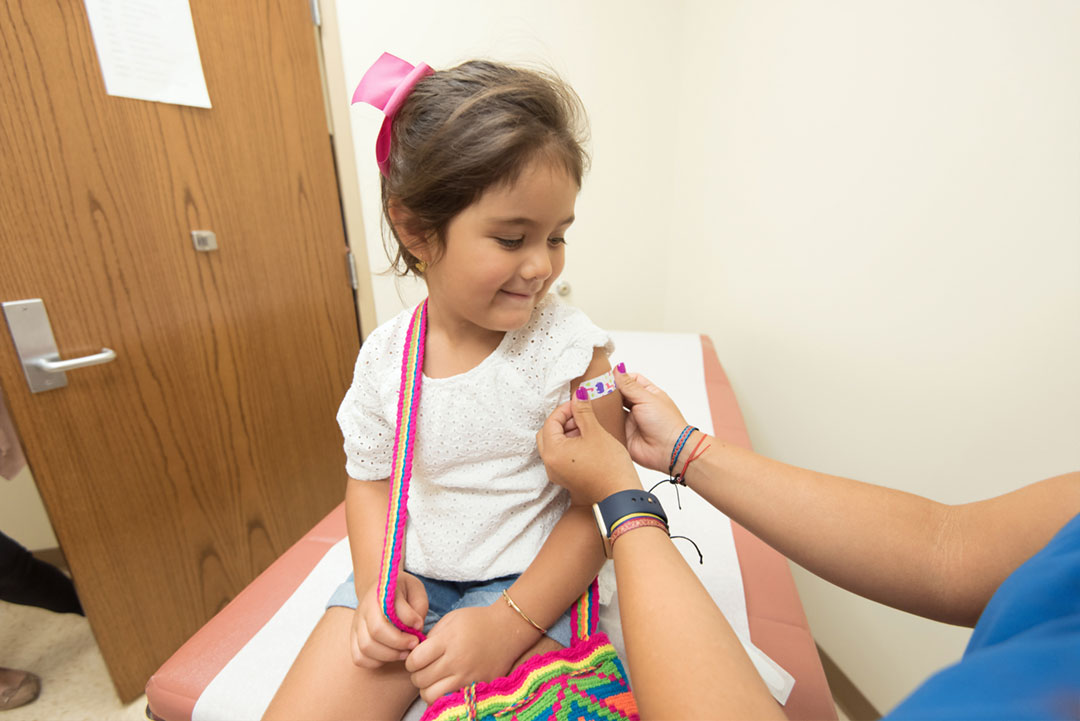
In their 2023 report on the State of the World's Children, UNICEF warn that annual immunisation figures show an alarming truth – we are seeing the biggest sustained backsliding in childhood immunisation levels in a generation. Over the course of the pandemic, 67 million children missed out on their essential and routine vaccinations.
Between 2019 and 2021, the annual number of unvaccinated children rose from 13 million to 18 million globally, an increase of more than a third.
While disruptions in healthcare delivery played a role, vaccine hesitancy has become a worrying trend in some countries. Now, more than ever, it's crucial the world gets back on track in getting lifesaving routine immunisations out to children in the most vulnerable parts of the world. Here are five standout statistics from the 2023 report.
1: Vaccines have the potential to save even more lives
Immunisation saves about 4.4 million lives a year. However, under-vaccination is still a problem – one in five5 children have no protection at all against measles, a major childhood killer, and around seven in eight eligible girls are not vaccinated against human papillomavirus (HPV), which can cause cervical cancer. If the world reaches 2030 global goals to reach zero-dose and under-vaccinated children, the number of lives saved could climb to 5.8 million.
2: Millions of kids get no vaccines at all
Of the 67 million children who missed out on essential vaccines between 2019 and 2022, 48 million have never received a vaccine of any kind. Globally, one in five children are zero-dose (unvaccinated) and under-vaccinated, leaving them vulnerable to a range of vaccine-preventable diseases. But inequity plays a big role: In the poorest households, just over one in five children are zero-dose; in the wealthiest, it is just one in 20.
Have you read?
3. The COVID-19 pandemic made things worse
The pandemic caused major disruptions to routine immunisation programmes.
Between 2019 and 2021, the annual number of unvaccinated children rose from 13 million to 18 million globally, an increase of more than a third. There was a sharp increase, too, in the number of under-vaccinated children, which rose by six million to 25 million. At the end of 2021, stalled campaigns in African countries still meant the loss of 382 million doses
4: Confidence in vaccines fell in the pandemic
Disruptions to service were not the only issue. New data suggests that in some countries, confidence in childhood vaccines fell by up to 44 percentage points during the pandemic. The perception of the importance of vaccines for children declined by more than a third in the Republic of Korea, Papua New Guinea, Ghana, Senegal and Japan after the start of the pandemic. Misinformation about vaccines that was spread at the start of the pandemic contributed to this, say UNICEF. But other factors include "uncertainty about the response to the pandemic, growing access to misleading information, declining trust in expertise, and political polarisation".
5: Unempowered women
Improving vaccine confidence in parents will be critical in getting more essential vaccines to children. One factor that can help with this is education. An analysis of 74 countries showed that children of mothers with no or little education are much less likely to be vaccinated. Nearly a quarter of children of mothers with no education were 'zero-dose' children who had never received a single vaccine; this percentage fell to 13% in mothers who had been to primary school, and fell further to 7% in mothers who had received secondary school or higher education.
